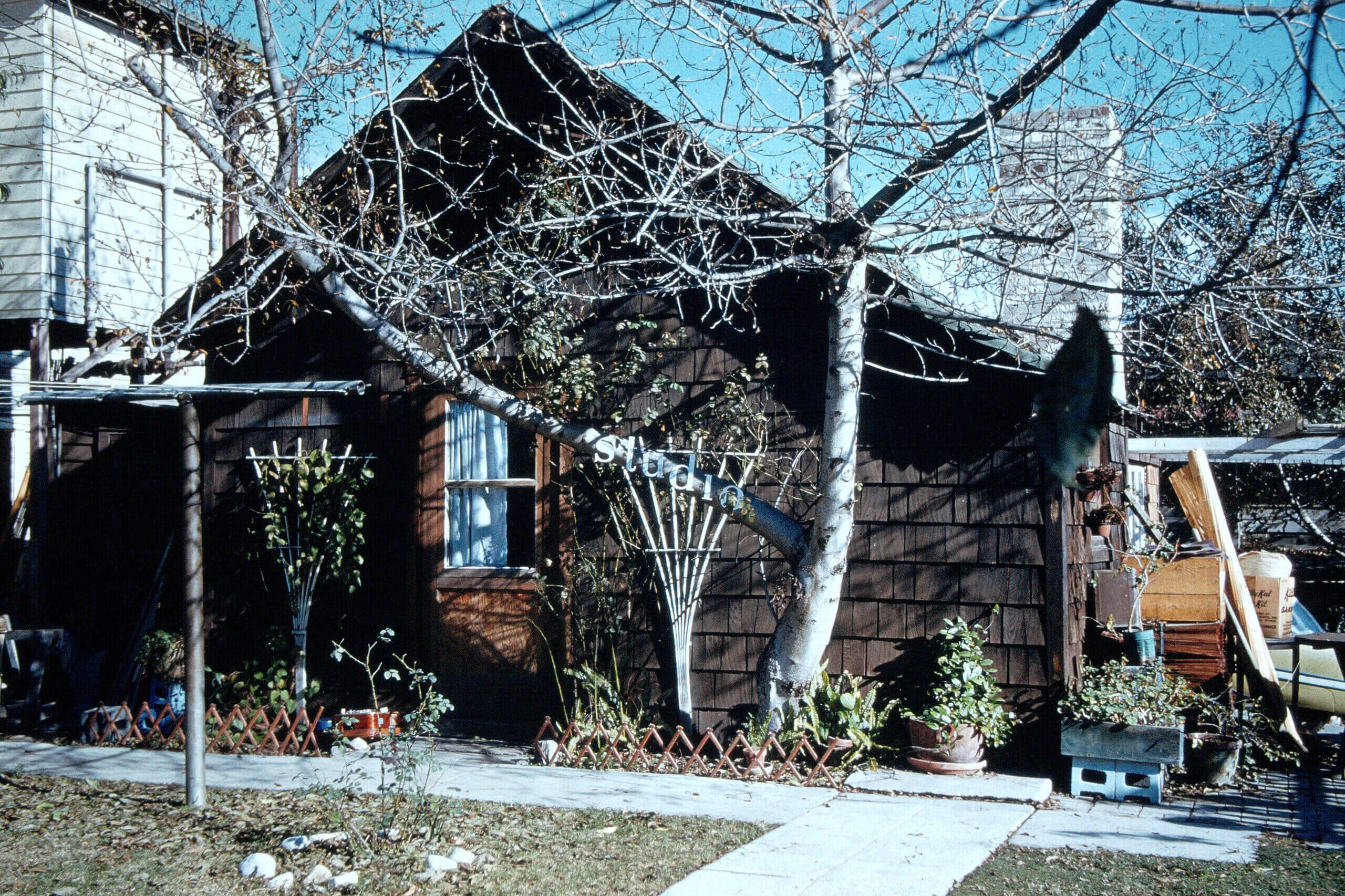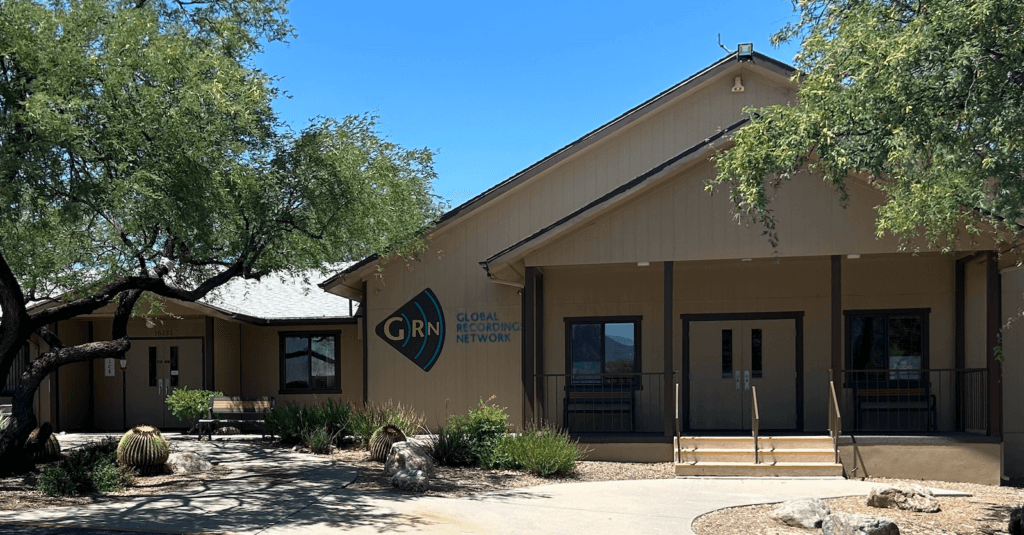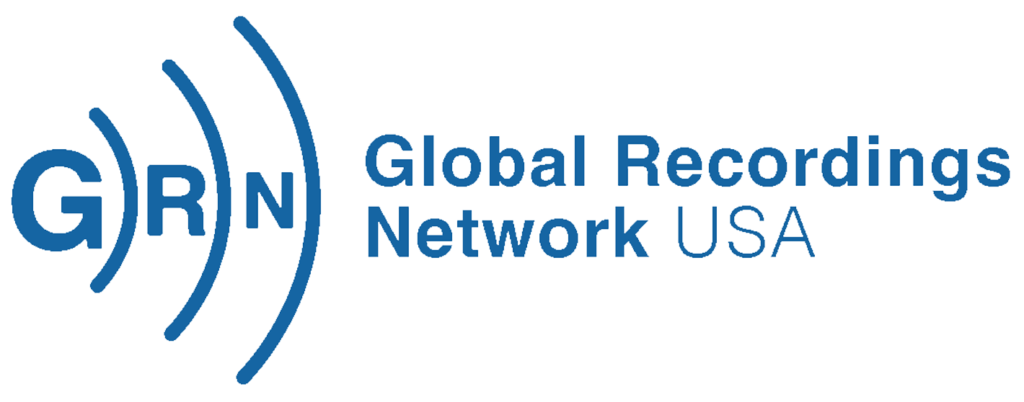From Sounds of GRN magazine (2024)
Then and Now
by Diane Guiett


God began to draw Joy Ridderhof to missions when as a child she heard a missionary speak about Honduras. Soon after graduating from the first class of Columbia Bible School in South Carolina, Joy went to Honduras, learning Spanish to tell the people about Jesus in their own language. Repetition was needed to retain Bible stories and Joy had already noticed people were listening to music on record players and remembering every word.
Illness forced Joy to move back home to Los Angeles to recover. She wanted to send her voice back to her people and she remembered those record players. She began to pray and shared this vision with her prayer team. God began to open doors.
A friend had recording equipment, and Joy produced the first phonograph master on December 31, 1938, at a cost of $30.00. Pressings were fifty cents a piece. People who couldn’t read would be listening to the Gospel in their own language. It was the Depression and Joy had no resources. So she prayed that God would supply whatever was needed to accomplish what He was telling her to do.
In May of 1939, Spanish Gospel Recordings began in Los Angeles at 122 Witmer Street, Joy’s childhood home. Joy trusted God to supply her needs and the needs of the mission without their asking for money. The work of GR was God’s work. She believed that “God’s work done in God’s way would never lack God’s supply.” Later, one day each week was set aside for the staff to pray for the ministry.
In 1940 Navajo recordings were made, which began the move to reach out in other languages. The concept of making the Gospel available on records spread; recordings were made in Mexico, Alaska, and the Philippines. Staff joined the mission as office workers and later field workers. By 1980 about 3,500 languages had been recorded.

In 2001 Global Recordings Network USA moved from Los Angeles to Temecula, California. Through the years, GRN has developed and supplied specialized players for use in underdeveloped areas: cardboard record players, hand-wind portable record players, hand-wind cassette players, and hand-wound mp3 players. [See pp 10-13.] In 2020 the office was moved to Catalina, Arizona.
Today digital and internet technology enables us to offer the Gospel to speakers of languages all over the world, who listen on the web or use the 5fish app on their phones.
The heart of Global Recordings Network remains: telling the story of Jesus in EVERY language. What part will you have in helping us in making the Good News of salvation offered by God available in all of the language varieties of the world?
